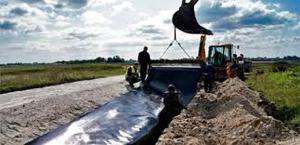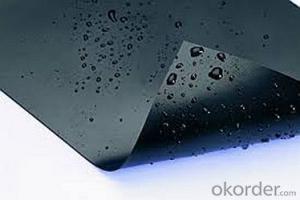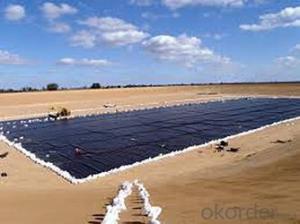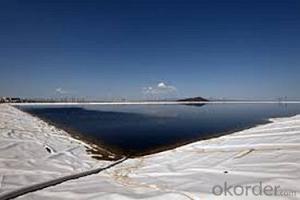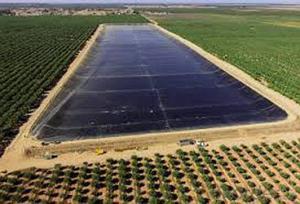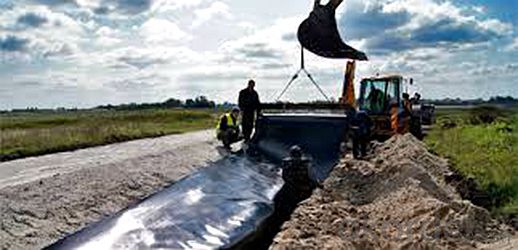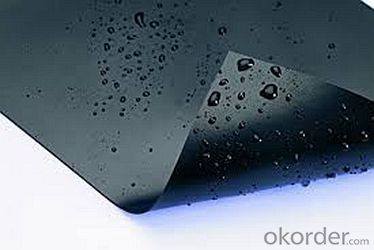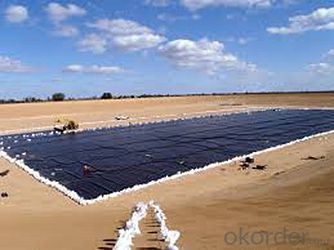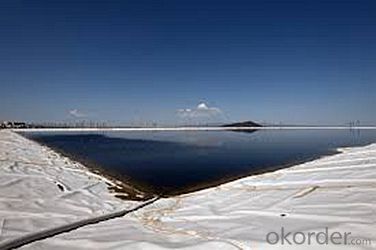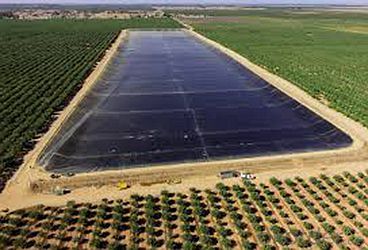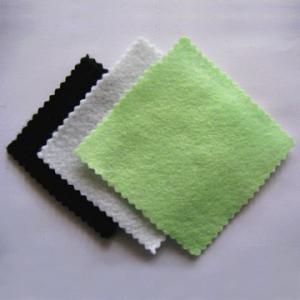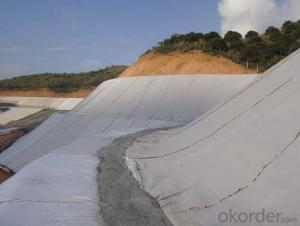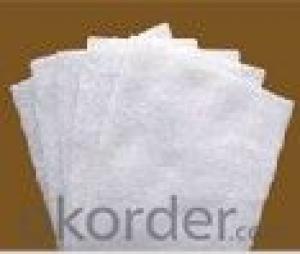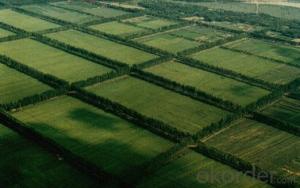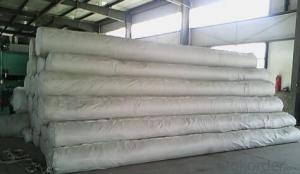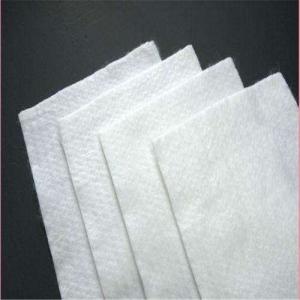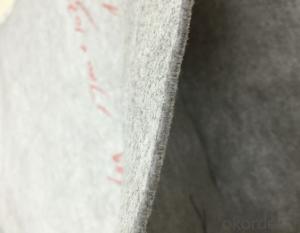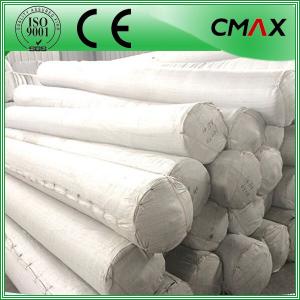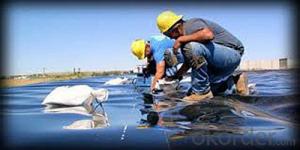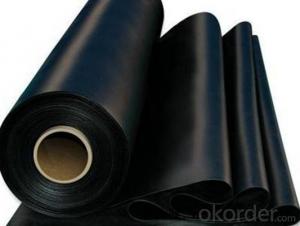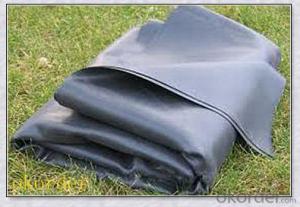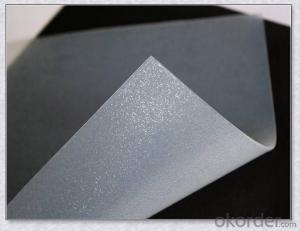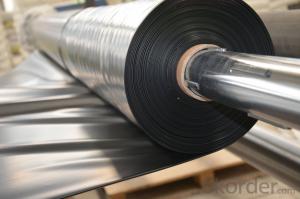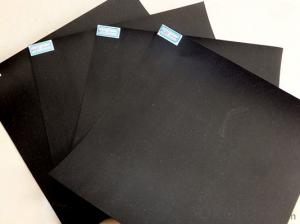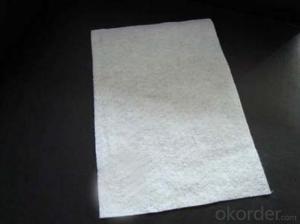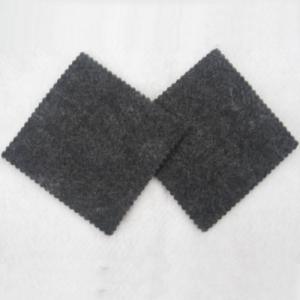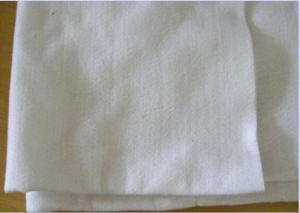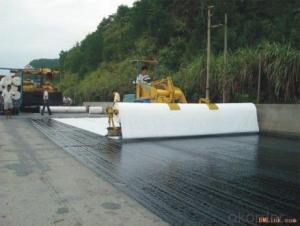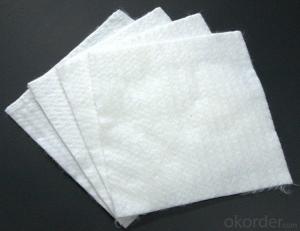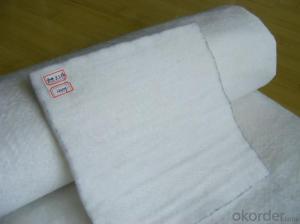Geotextile Class B Linear Low-Density Polyethylene Geomembrane for All Kinds of Decorative and Architectural Ponds
- Loading Port:
- China main port
- Payment Terms:
- TT OR LC
- Min Order Qty:
- 1000 m²
- Supply Capability:
- 1000000 m²/month
OKorder Service Pledge
OKorder Financial Service
You Might Also Like
Specification
Type:HDPE geomembrane
Material: High-density polyethyle Material Low-density Polyethylene
Thickness:0.1mm~3.0mm
Roll width:1m~8m Roll length:50m~100m
Color:Black or at your request
Density: 0.94g /cm3
Temperature range: -60oC -- +60oC
Life time: more than 50 years
Executive standard: GB/T 17643-2011
Function: Waterproof
Application:
Water conservancy projects
Landfill treatment projects
Mineral waterproofing
Agricultural waterproofing
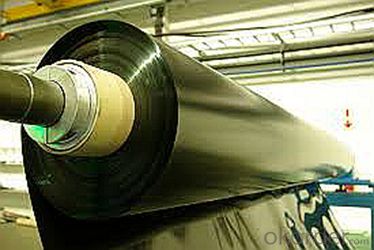
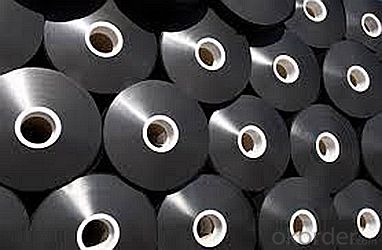
Our Service
Quality assurance
1.On a regular basis or as per your request,we entrust national testing agencies to conduct quality inspections
2. Strictly in accordance with the ISO9001-2008 international quality system standard,we monitor and manage the whole process throughout production,quality testing,and measurement to ensure product quality
3. For quality-related construction delay or substandard construction(except for damage or losses due to customer’s responsibility or irresistible natural disasters),we have refunding,replacement,and repair services.We will respond to customers’ feedbacks on quality issues within 24 hours.
Q: What kind of payments does jenor support?
A: T/T, L/C, Cash are accepted.
Q: Do you charge for the samples?
A: Accordeing to our company policy, the samples are free, we only charge the freight fee. And we will return the freight fee during the next order.
Q: Can you produce according to customers' design?
A: Sure, we are professional manufacturer, OEM and ODM are both welcome.
Q: Do you have other products?
A: Yes, please check the pictures:
- Q: Geotextile 300g * 600mm * 300g is how is it?
- No you say 300g * 600mm * 300g this specification of the product, according to reason should be 300g * 0.6mm * 300g product 300g * 0.6mm * 300g product is a composite geomembrane specifications, also known as two cloth a film , Composite geotextile. That is, both sides of the upper and lower sides of a layer of 300g geotextile, the middle folder 0.6mm thickness of the plastic film. Composite geomembrane is to play the role of anti-seepage, generally used for water conservancy project seepage, civil engineering seepage and so on. The geotextile is from the water, reinforcement, protection, and can not achieve the role of anti-seepage. 300g * 0.6mm * 300g composite geomembrane price is generally between 11.5-13 yuan. You can do the next reference.
- Q: How do geotextiles affect plant growth?
- Geotextiles can positively impact plant growth by providing a stable environment for roots, preventing soil erosion, and promoting moisture retention. Additionally, they control weed growth, regulate soil temperatures, and enhance nutrient availability, ultimately leading to healthier and more productive plants.
- Q: Split silk geotextile and filament geotextile relative price which is cheaper
- Split silk geotextile and filament geotextile relative price which is cheaper
- Q: How are geotextiles affected by temperature variations?
- Geotextiles are generally resistant to temperature variations and can withstand a wide range of temperatures without significant impact on their performance. However, extreme temperature fluctuations, especially rapid changes, can potentially cause expansion or contraction of the geotextile material. This may lead to changes in its physical properties, such as reduced tensile strength or altered permeability. Overall, while temperature variations can have some effect on geotextiles, it is typically minimal and does not compromise their functionality significantly.
- Q: Can geotextiles be used for reinforcement of foundations?
- Yes, geotextiles can be used for the reinforcement of foundations. Geotextiles are often employed in geotechnical engineering to improve the stability and strength of soil. When used in foundation reinforcement, geotextiles help distribute loads more evenly, prevent soil erosion, and provide additional support to the foundation structure.
- Q: River design design depth of 1 meter, 100 meters wide surface, requiring geotextile cloth two films. How many grams are appropriate? Bao Bao package material per square meter open to move to cut the amount of taxation Bao Bao Bao how much money first thank you master, urgent use. More
- Collar - Xiang, composite geomembrane, geotextile, a variety of specifications
- Q: Where is the sale of geotextiles in Tibet?
- Tibet geotextile, a variety of specifications, & lt; Ji Han irrigation pit thieves ghosts and bursonoids p & gt;
- Q: Do geotextiles require regular maintenance?
- Yes, geotextiles generally require regular maintenance to ensure their effectiveness and longevity. This may include inspecting for any damage or wear, removing any debris or vegetation that may accumulate on the surface, and addressing any soil erosion or drainage issues that may arise. Regular maintenance helps to preserve the integrity and functionality of geotextiles in various applications such as erosion control, filtration, and stabilization.
- Q: How do geotextiles help with ground improvement?
- Geotextiles help with ground improvement by providing reinforcement, separation, filtration, and drainage. They can strengthen soil and prevent its movement, maintain the separation of different soil layers, filter out harmful particles, and improve water drainage.
- Q: How do geotextiles enhance drainage systems?
- Geotextiles enhance drainage systems by providing filtration and separation, allowing water to flow freely while preventing soil particles from clogging the system. They also help in soil stabilization and erosion control, improving the overall efficiency and longevity of the drainage system.
Send your message to us
Geotextile Class B Linear Low-Density Polyethylene Geomembrane for All Kinds of Decorative and Architectural Ponds
- Loading Port:
- China main port
- Payment Terms:
- TT OR LC
- Min Order Qty:
- 1000 m²
- Supply Capability:
- 1000000 m²/month
OKorder Service Pledge
OKorder Financial Service
Similar products
Hot products
Hot Searches
Related keywords
